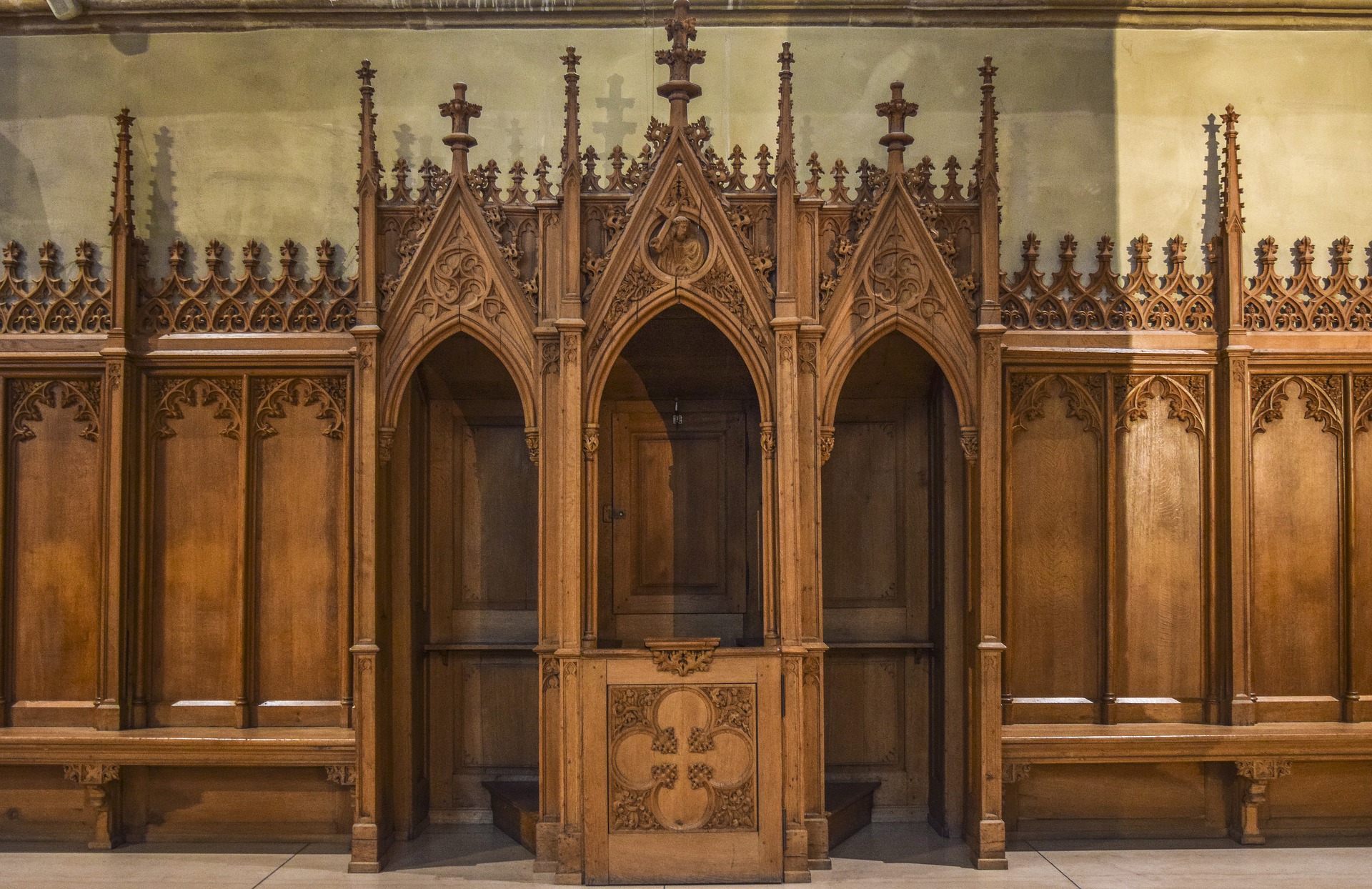Q: I have a great concern. I have eight children who are healthy and doing well. One is divorced and remarried and is no longer a Catholic. I have two sons who left the Catholic faith and are spiritually active. One son does not believe in religion and doesn’t go to any church. Two daughters and their families are Catholic, go to Mass on Sunday, are active and send their children to Catholic schools. I firmly believe they do not go to Confession, nor do their children who are of school age. We always went to Confession when our children were growing up. Also, I have two children who are Catholic, are active and follow the rules of the Church, thanks be to God.
But what can I do about those who do not go to Confession? They’re active in Church. They’re adults and married more than 25 years. I’m puzzled. My son-in-law’s parents may not go either.
A: I think you should entrust all these people to God’s mercy and continue praying that each one does what God wants. That may not be the answer that you expected from me, but several factors prompt me to write this.
First, you are not positive about who is going to Confession and who is not. Second, you are not sure that they have any mortal sins to confess. Yes, confession of venial sins is highly recommended by the Church,
but it is not absolutely required. Third and most important, God’s judgment must remain God’s judgment. Only God has enough information—or the right—to make that judgment.
Citing the 1551 teaching of the Council of Trent, the Catechism of the Catholic Church teaches, “According to the Church’s command, ‘after having attained the age of discretion, each of the faithful is bound by an obligation faithfully to confess serious sins at least once a year’” (#1457).
The Catechism goes on to affirm: “Without being strictly necessary, confession of everyday faults (venial sins) is nevertheless strongly recommended by the Church. Indeed the regular confession of our venial sins helps us form our conscience, fight against evil tendencies, let ourselves be healed by Christ and progress in the life of the Spirit. By receiving more frequently through this sacrament the gift of the Father’s mercy, we are spurred to be merciful as he is merciful” (#1458).








